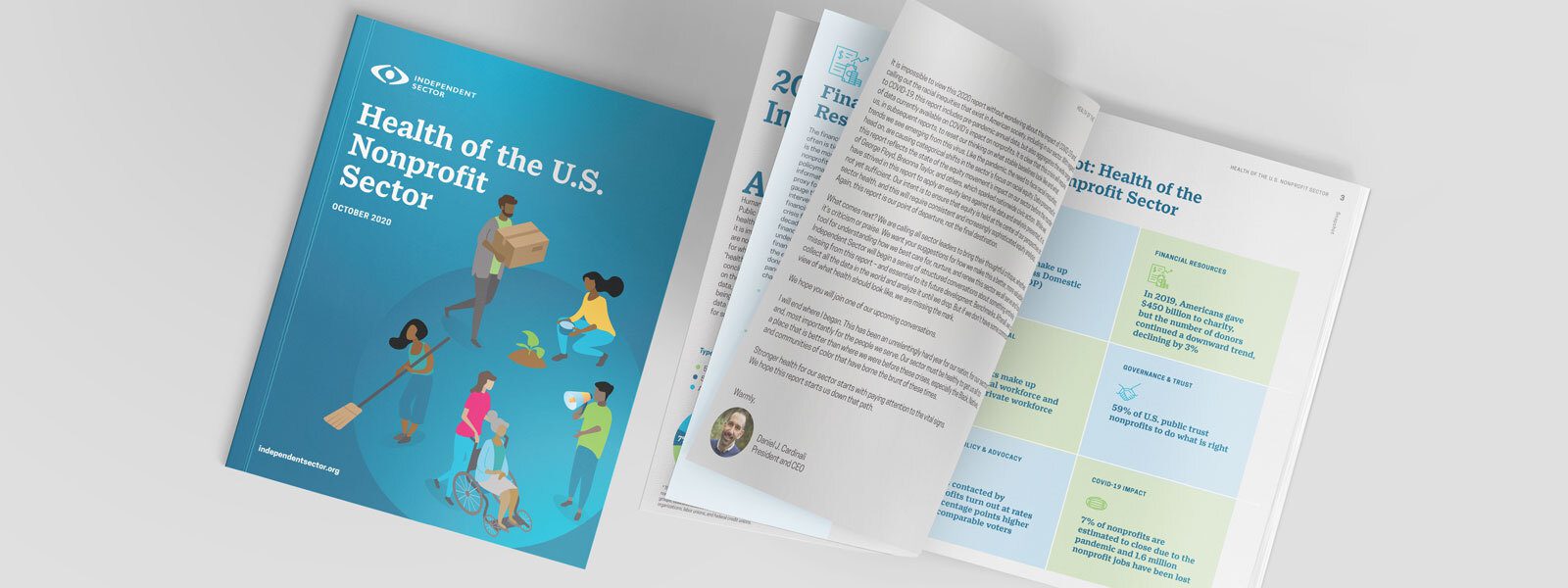Keeping it Ethical is our weekly blog series highlighting the 33 Principles for Good Governance and Ethical Practice. Throughout the series, we hope to highlight the importance of each Principle, the helpful resources associated with it, and learn more from you about how you’ve incorporated these Principles into your charitable organization.
Ethical Emani is our in-house expert on all things Principles and #npethics. Emani returns this week to talk travel and nonprofits.
***
Dear Ethical Emani,
We have a new board member who just attended their first board meeting as a full-fledged director. I loved meeting them but now I have a problem! They sent me their travel expense information and the airfare shows a first class seat purchase. The cost is way above the average fare for the region and time of travel that we’ve reimbursed in the past. I know we have a travel policy but they’re new! Should we let it slide? I don’t want them to get upset after just one meeting.
Timidly yours,
Hesitant Hiba
***
Dear Hiba,
Listen, no worries because you’re in an all too common nonprofit dilemma. Managing board relationships is a delicate dance so we totally feel your hesitation.
I mean seriously, does anyone out there love dealing with the finance side of travel, much less the administrative abyss of reconciling said travel expenses? First you have to track receipts, then fill out a reimbursement form, get that form approved, request a payment, get that payment approved, it’s probably a check, and then deal with a check, even though Google says it’s 2019 – cool, let’s throw in a board member. It’s almost enough to make a person throw their hands up and scream, “Does any of this really matter?!!!”
Deep breathe because there’s great news. The Principles always have your back. I don’t normally get to the point this quickly, but Principle 25 is clear and firm: make sure your organization retains clear travel and expense policies and that these policies are enforced in a consistently and transparent manner.
The solution is straight forward: double check what your travel policy states is considered excessive expenditures. So, if a first-class airfare purchase violates your organizational policy, then simply send the policy with an open-ended question to ensure your new board member is aware of your policy. There’s no need to go nuclear on them, but gently raising the policy text will hopefully jog their memory about the review of allowable travel expenses during board orientation. Your new board member will likely offer a solution themselves, allowing you to stay on positive terms and avoid an uncomfortable discussion.
I’m thrilled to hear you have a travel policy and the major battle is won. Unfortunately, loads of nonprofits either don’t have an official travel policy or it’s not actively utilized, much less enforced.
Here are best practices to consider when it comes to travel and other expense policies:
- A travel policy and other expense policies should be clear and unambiguous, showing a clear definition of reasonable expenses
- The policy should note the process for documenting expenses with these expenses, providing context on their organizational purpose
- Generally, the policy should state that travel is done in a cost-effective manner and be aimed at how expenses further the organization’s purpose, not the specific title/rank of the individual travelling
- Generally, the policy should explicitly state that expenses should not be not extravagant or lavish in nature; use the IRS Publication 463 as guidance
- Unequivocally, reflect any restrictions and requirements for travel expense under law
- As always, boards retain a level of flexibility to approve any exceptions to the policy (this process should be cleared, stated, and applied in a consistent, transparent manner)
- Ensure the policy is revised frequently and adjusted to reflect any shifts in organizational needs
Travel and expense policies are covered with inordinate detail in our sector, yet they still present a problem for nonprofits when they are not clear and consistently applied.
Creating an effective and memorable policy is a craft, after all who’s going to read a 20-page travel policy much less open it? Well there are folks taking an axe to travel policies to create streamlined, one pagers – maybe something like this makes sense for your nonprofit but it might not. We encourage that your organization go beyond having a policy but assess that your travel policy is effective and relevant for your board, staff, and volunteers.
If you find your policies require some tender care and love, lean on friends with available resources:
- What Governance Policies Should Your Nonprofit Have? – Nolo
- Nonprofit Travel and Expense Policy Best Practices – Cook & Company
- Independent Sector Travel Policy – Independent Sector
- Payment and Reimbursement Policy Template – Minnesota Council of Nonprofits
- Per Diem vs. Accountable Plans: Determining the Best Approach – Nonprofit Accounting Basics
Best of luck as you improve your policies and bring you new board member into the fold.
Ethically yours,
Emani
______
Learn more about Principle 25 and the associated resources.
If you’ve got additional resources that support Principle 25, please share them or any other thoughts in the comments below, or use #npethics on social media.



